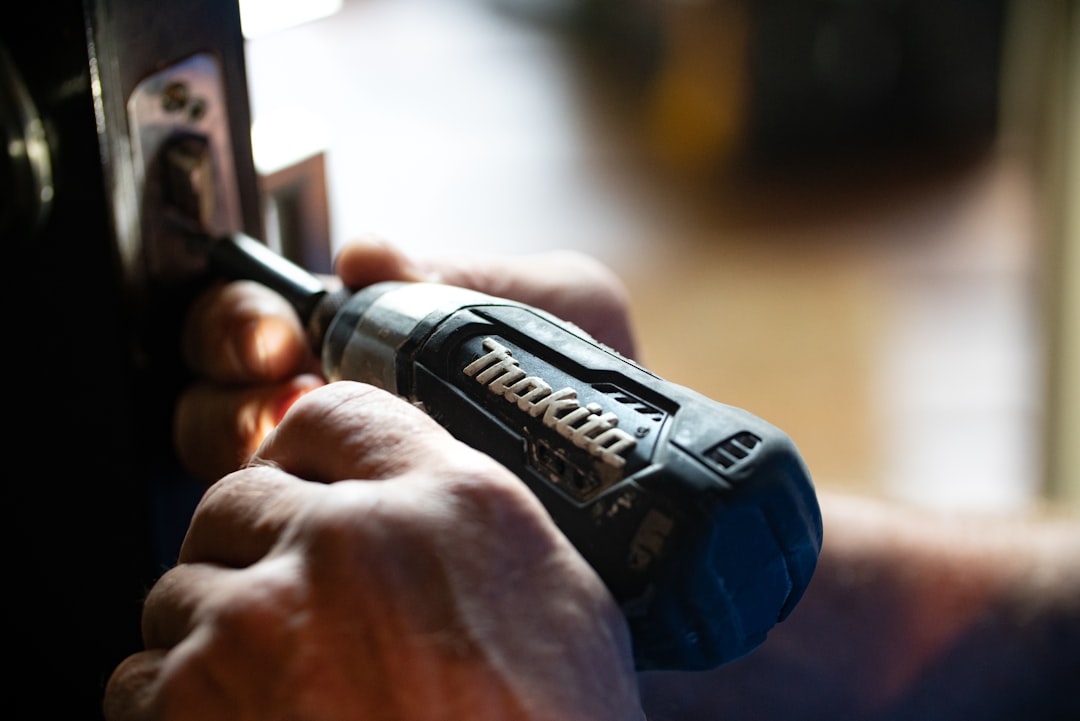 Photo From unsplash
Photo From unsplashOriginally Posted On: https://www.beehiveplumbing.com/how-a-water-heater-repair-can-help-you-when-your-water-takes-too-long-to-heat/
Hot water issues can plague any home, which is why our water heater repair services are a much-needed task for countless Utah homeowners.
No one wants to wait for hot water when they need it within their home, so if you notice your shower taking too long to warm up then it’s likely that you’re dealing with water heater issues throughout the entirety of your property. In this article we’re going to go over some of the reasons why you may be experiencing water heater issues, and how a water heater repair or replacement may be what your home needs to regain its full functionality!
5 Reasons Why Your Water Heater Takes Awhile to Heat UpSome of the reasons why you may be waiting too long to get hot water from your faucets, showers and appliances include the following:
- Distance: This is basic physics, but the farther away your water heater is to your shower or faucet the longer it’ll take for the hot water to reach its destination.
- Low Volume Restrictors: There are some instances in which a shower will have a low volume restrictor installed within it, which will lead to a delayed effect in water delivery.
- Water Heater Failure: Although it’s a home improvement investment that a lot of homeowners would rather put off as long as they can, it’s likely that a water heater will need repairs or even replacement around 10-15 years of its service life. The age of your water heater can be a clear indication as to why it may be less effective, which is where the Beehive Plumbing experts come in to check up on your water heater’s longevity.
- Sediment buildup: This is a common issue that occurs within water heaters, and this is because dissolved minerals tend to settle and subsequently get stuck on the bottom of a tank. When sediment of any kind blocks heat transfers within your tank, it can lead to a lack of efficiency. We’ll be able to flush out your tank and clear it of any sediment to help restore its overall performance!
- Undersized Water Heater: There’s also the good likelihood that your home’s water heater is simply too small. Maybe the previous owner only had two people living in your home before you, or maybe your family has grown since you first purchased your water heater. Sometimes a simple upgrade to a larger water heater can help resolve efficiency issues.
Every water heater tank has a recovery time, which refers to the general amount of time it takes for the water heater to provide hot water once the hot water supply has been depleted. Some of the factors that contribute to a water tank’s recovery time include:
- Tank Size: The general rule of thumb here is that larger water tanks take longer to fully recover.
- First Hour Rating (FHR): This measurement can be easily understood by knowing that the higher the FHR, the less recovery time.
- Type of Fuel: Gas models are generally twice as quick to reheat as compared to electric water heaters.
Usually an 80-gallon gas water heater tank takes about an hour to fully recover, so if you’re experiencing longer recovery times than an hour then this is a clear indication that something is awry.
2 Common Installations to Improve Hot Water EfficiencyThe following are two common installations we conduct to help homeowners with hot water efficiency problems:
Hot Water Recirculation SystemThis type of system is very efficient because it helps reduce the amount of hot water your household wastes, and it also helps with:
- Moving water more efficiently from the tank to desired tap
- Recirculating used water back to the tank and keeping warm water near faucets
- Activation via a thermostat or timer
This system can be mounted by your faucet, or attached to your home’s water heater, and it will do wonders in terms of maintaining the circulation of your hot water!
Tankless Water HeaterThis is another good option for many homeowners who wish to have a seemingly endless supply of continuous hot water. The heating elements within this type of water heater creates instant hot water at a consistent rate, so you’ll never have to worry about running out of a tank’s supply.
You can also consider point-of-use tankless water heaters, which focus on individual faucets and particular hot water output points within a home. These are good options when you may not have the overall capacity to utilize a tankless water heater throughout your entire home, but would prefer to at least have endless hot water within one or two outputs.
Get Help Assisting the Efficiency of Your Home’s Hot Water Supply Through a Water Heater Repair Job From Beehive Plumbing!All of our experienced technicians at Beehive Plumbing are well prepared to provide an extensive range of water heater repairs and services for any type of water heater and fuel type.
No matter what your home’s hot water supply needs, our local experts will be able to get the job done quickly and efficiently, and at your convenience!
Contact us online or call us at (801) 661-8155 today to get in touch with one of our experts and see how we can assist you in getting your home’s hot water back on track!

